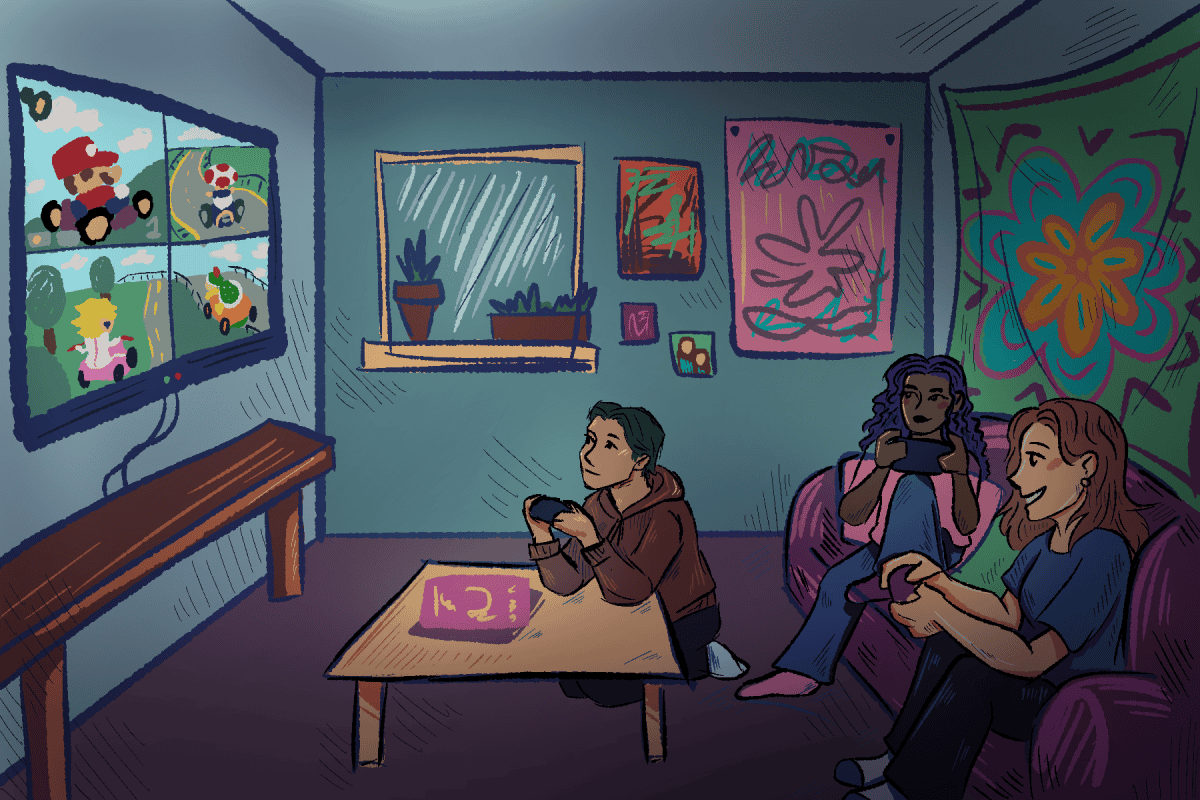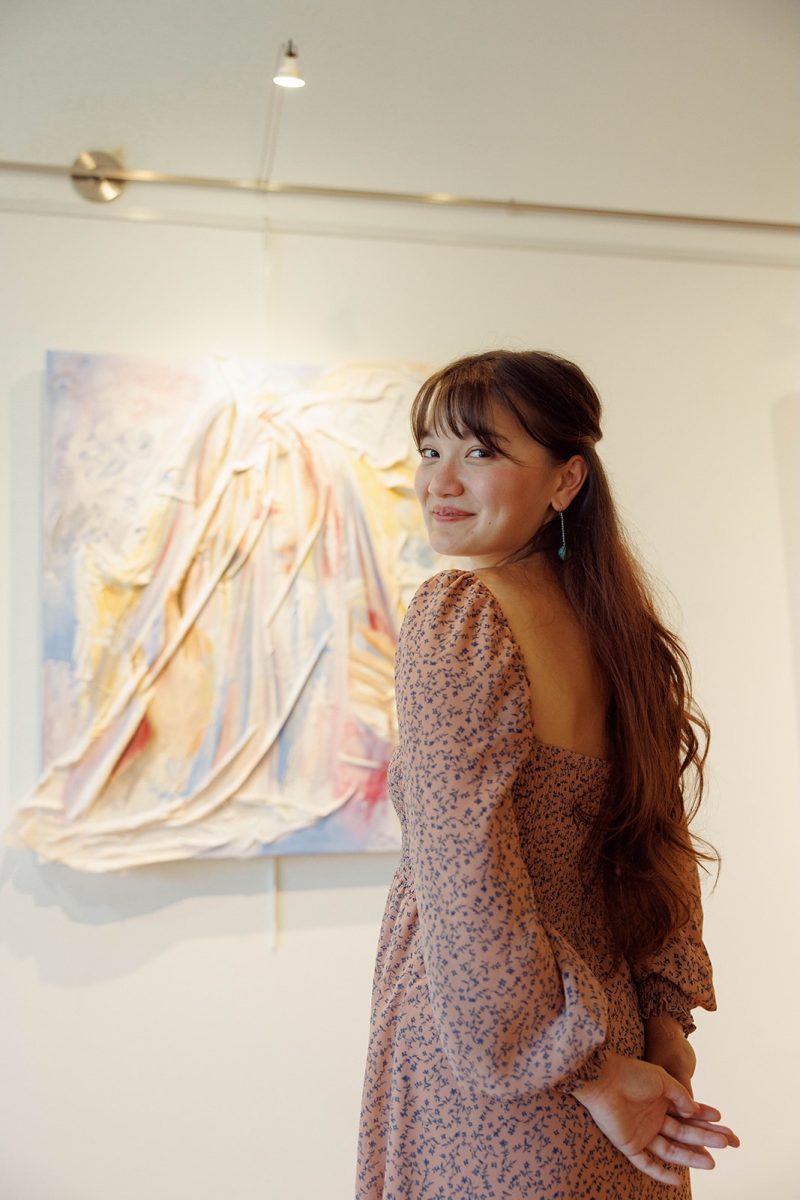The Environmental Council has spent the past academic school year focused on advocacy and justice. Striving to bring a cleaner and more sustainable environment to Tuscaloosa and the University, the council’s two biggest projects this year involved tackling the sewage spills in the Black Warrior River as well as promoting sustainable shopping habits.
The “Stop Sewer Spills” project aimed to promote awareness about Tuscaloosa’s water infrastructure issues, said Delanie Williams, the secretary of the Environmental Council and a senior majoring in environmental engineering.
Williams also stated that the organization was able to collect more than 500 signatures on a petition the group presented to Mayor Walt Maddox involving future plans for sanitary sewer system in the county.
“Our second major project was a continuation of the UA Free Market from last year by one of our directors, Dania Botello,” Williams said in an email. “This program collects second-hand clothing and distributes it in dorms and on the student center lawn to anyone, for free. This past year we hosted four pop-up events and have dedicated swap locations in Ridgecrest East and West.”
The council also focused on promoting the use of reusable utensils in the dining halls through conversations with Bama Dining and the SGA. Megan Neville, the president of the Environmental Council and a senior majoring in sports management with a minor in hospitality management, shared that it is important to vote for individuals who advocate for the environment.
“Find candidates who have strong environmental campaigns and sign petitions for causes. Tapping into local government and city councils are really important because that is where the most change [can be made by an individual],” Neville said. “I feel like it is more rewarding that way, when you see your issue being taken seriously because it is on a smaller scale.”
Neville and Willaims also shared that students can make a change by focusing on reducing their overall consumption with clothing items as well as being mindful of the utensils they choose to use in the dining halls. Overall, they both hope to see a change in awareness from individuals and government when it comes to being environmentally friendly.
“On campus, I hope to see more students prioritizing recycling and composting efforts,” Williams said. “A lot of the feedback we have gotten from the University is the lack of care students put into properly sorting recycling and trash. A big step would be to get recycling into dining halls, but that requires students to be cognizant and care.”
Williams said she is also excited to see how the city implements new infrastructure to rehabilitate Tuscaloosa’s sanitary sewer system. She hopes new infrastructure will reduce the amount of overflows occurring and reduce exposure events to local river bodies.
Neville stressed that she hopes to see the University create a plan to work toward sustainability and that the council has tried to find out if the University receives some of its money from fossil fuels. She hopes that if that is the case, she would like to see them divest from that.
“I would love to see the University really have a concrete plan for how they are going to reduce their emissions,” Neville said. “There is so much newness. We are constantly making this place better, which is great for students, but I would just love to see more of a focus on [sustainability] because whether you like it or not the climate is changing. If big universities do not take it seriously then who else [will]?”







